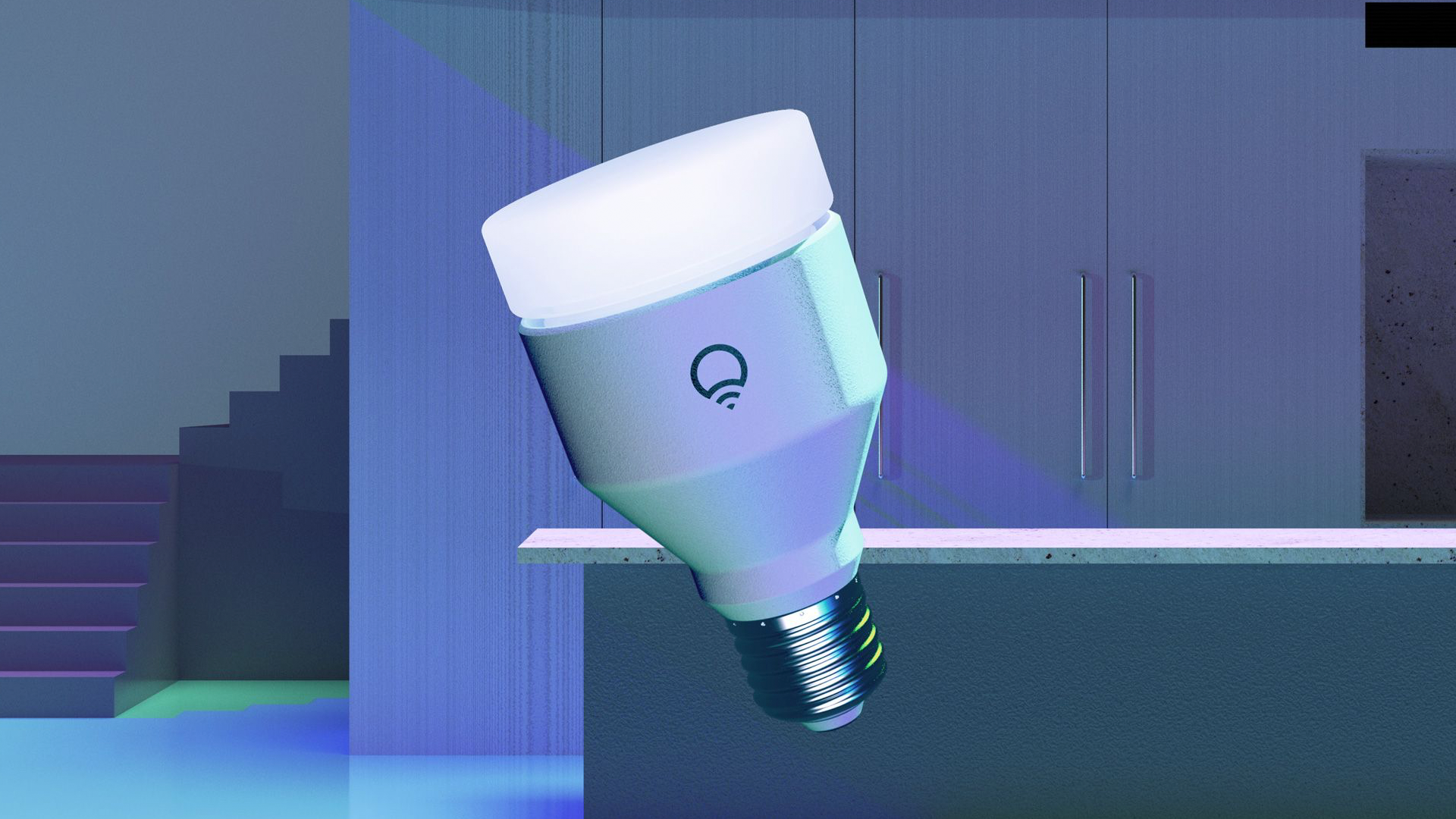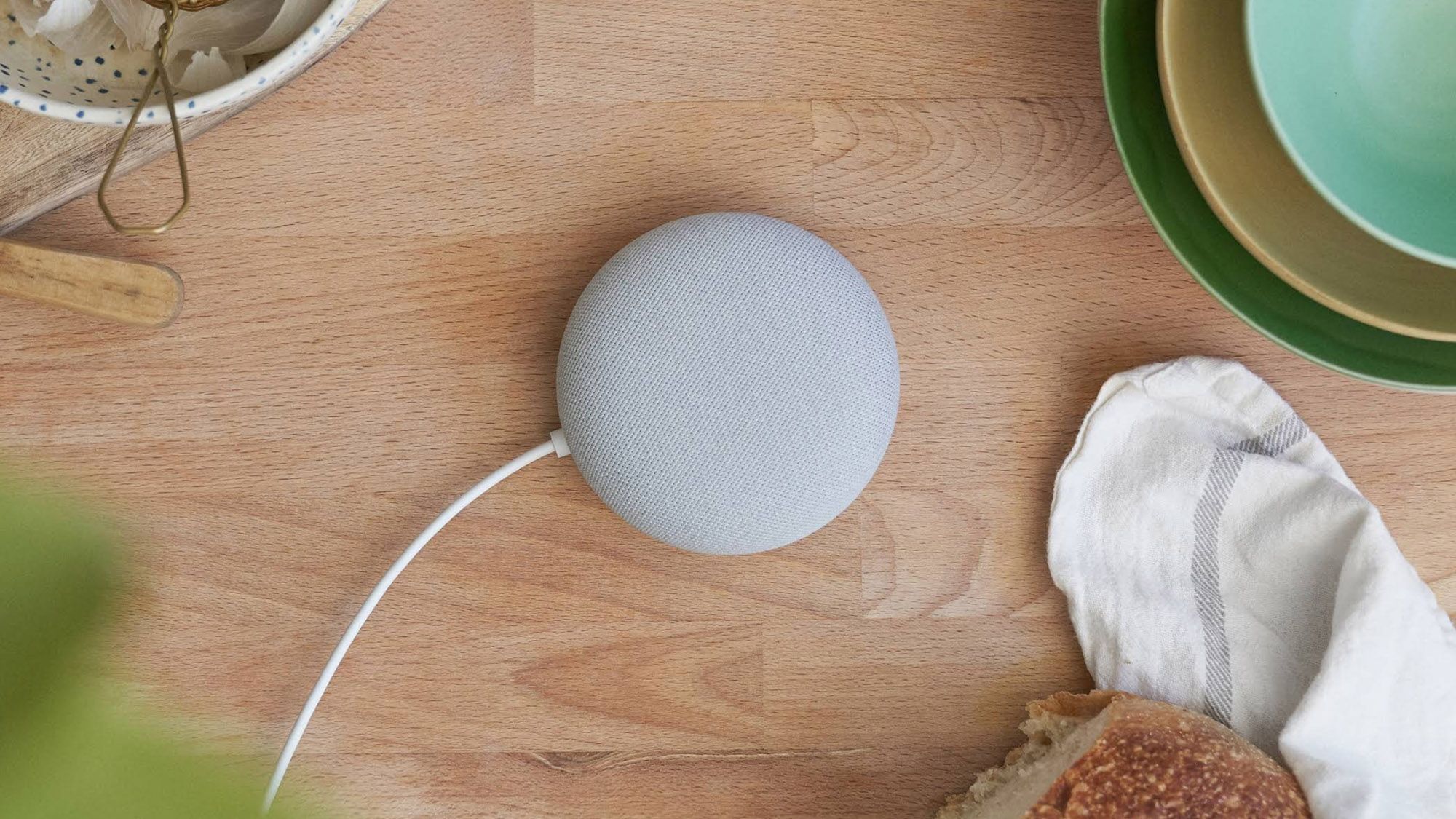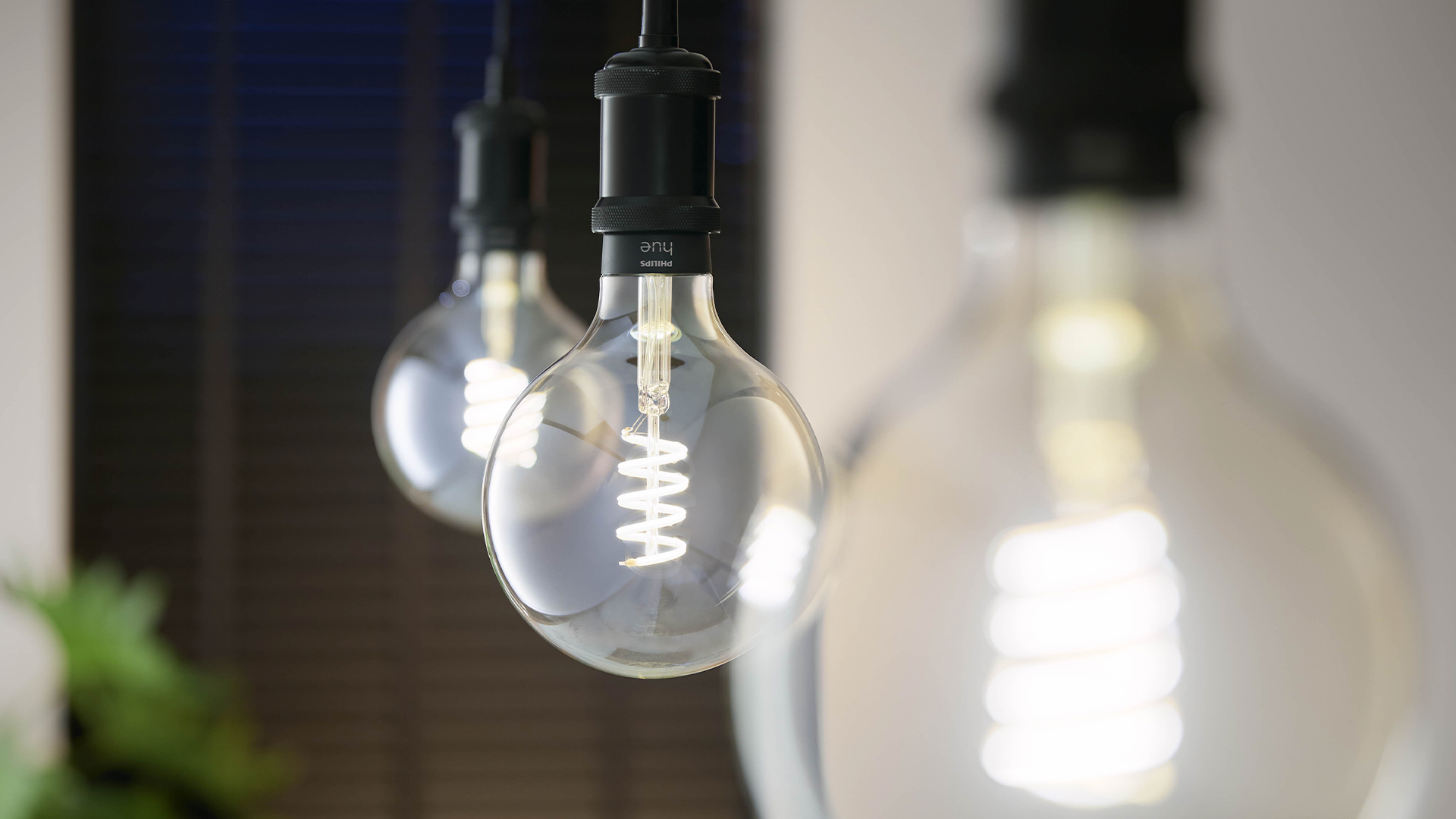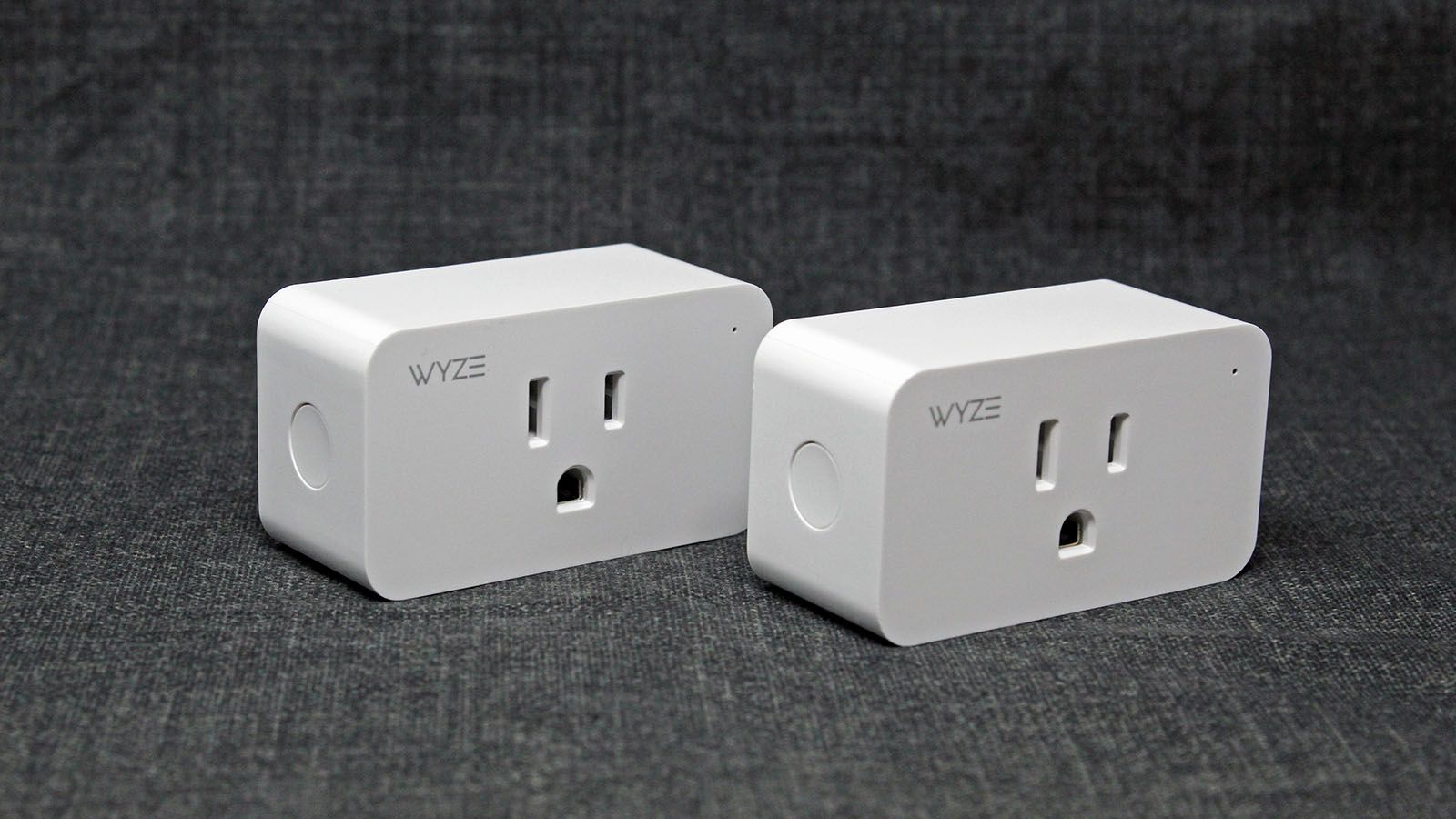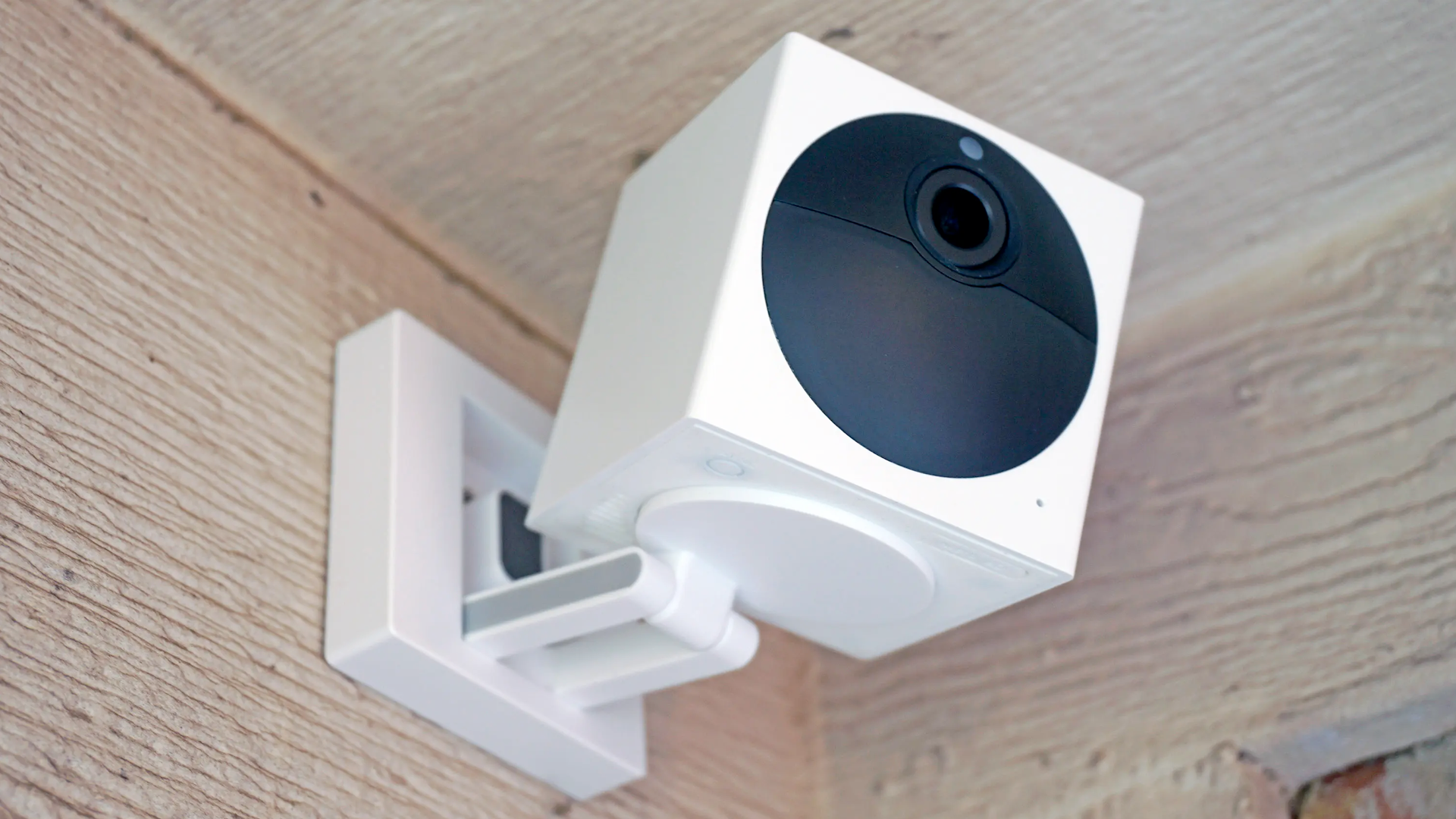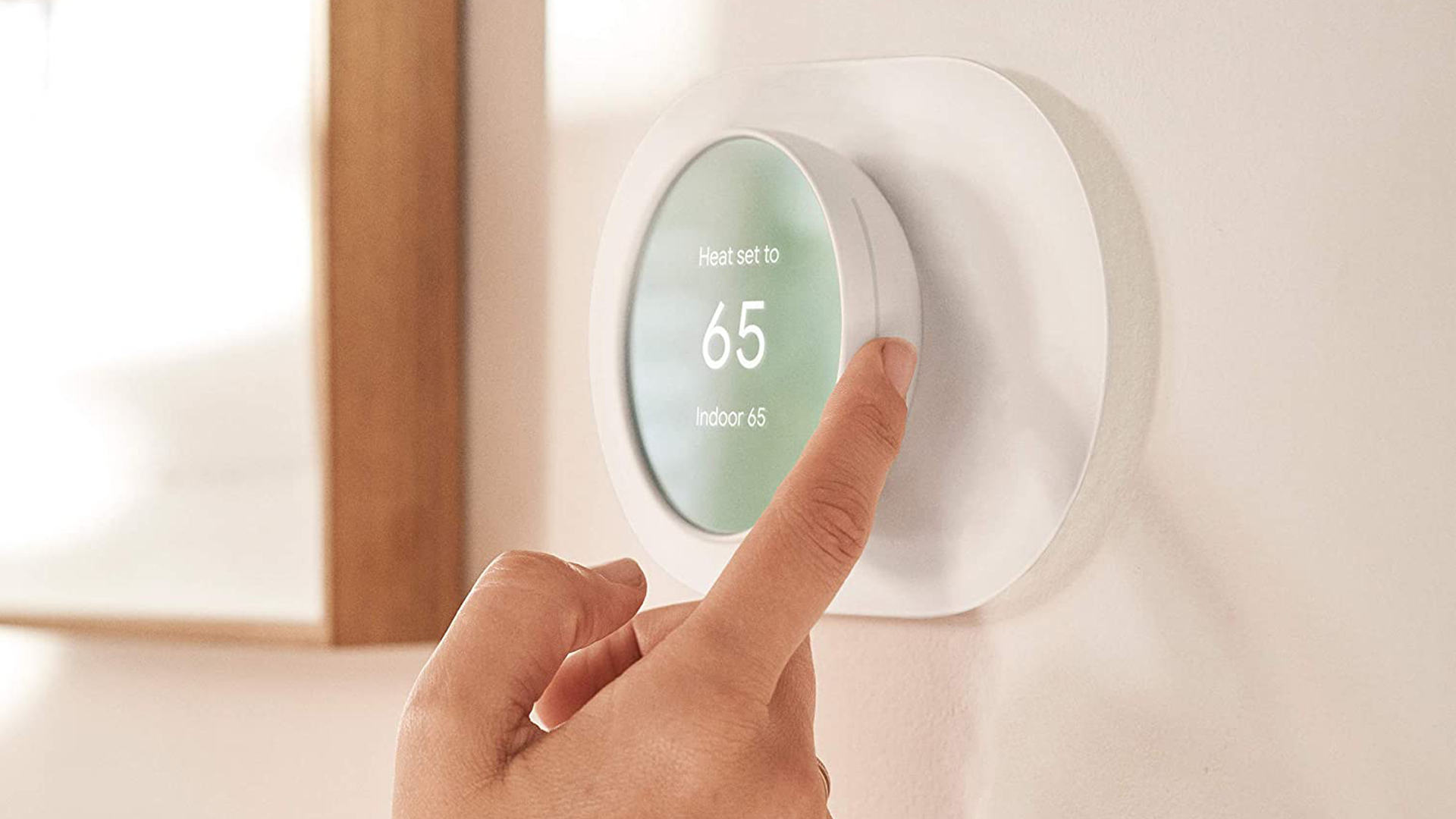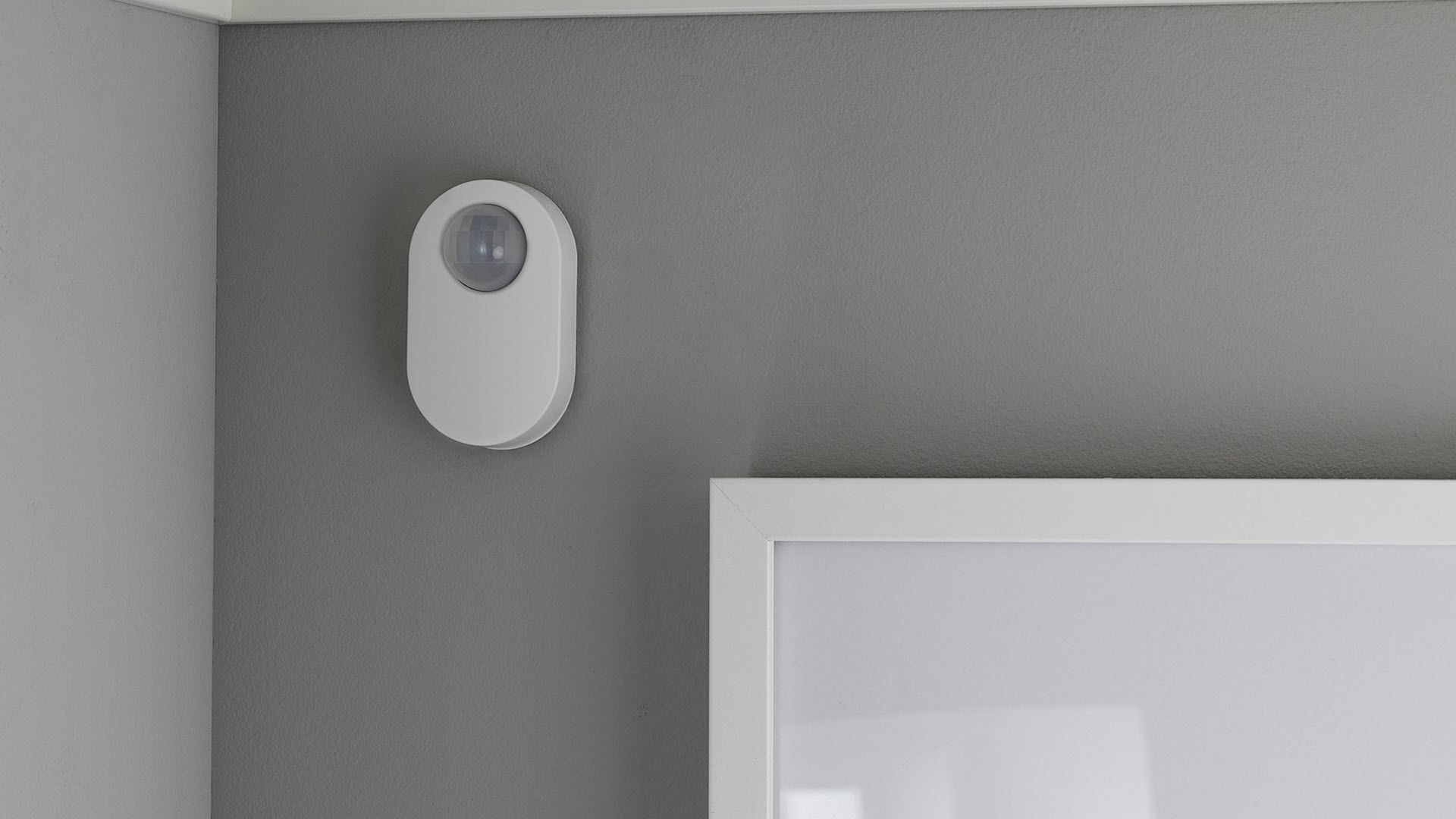Quick Links
If we've learned one thing from reviewing smart home products, it's that most of them are useless. Only a handful of smart devices can truly automate or improve your home. So, it's time to focus on the stuff that actually matters---the essential products that every smart home needs.
You won't find smart showers, egg minders, or connected rat traps in here. Instead, we're highlighting useful items that don't require gobs of money or a visit from the electrician. (And in case you're wondering, the answer is "yes," smart rat traps are a thing.)
The Crux: A Smart Speaker or Display
Contrary to popular belief, you don't need a voice assistant like Alexa to run a smart home. All connected devices have dedicated apps, which you can use to dole out commands or schedule routines for your home.
But running everything from an app sucks; it makes owning a smart home an inconvenience. Voice assistants aren't just for asking "what's the weather" or "how do you boil rice." They allow you to issue smart home commands at the drop of a dime, they can tell you when a guest is near your smart doorbell, and you can even use them like a home intercom system.
That's why your home needs a smart speaker or smart display. These products are fairly affordable and often go on sale---heck, Google has a habit of giving away its smart speakers for free.
Smart speakers are the more economical option, and they're usually a better starting point for entry-level smart homes. Still, smart displays are a bit more intuitive, as they let you control smart home devices, stream video, or look up recipes from a screen.
The only challenge here is choosing which smart assistant to use. Certain products don't work with certain assistants, so I suggest sticking with whichever brand you're most familiar with. Those who love their Fire TV may want an Amazon Echo speaker, for example, while Apple fans might want the exclusive features offered by a HomePod.
I should note that if you're tight on cash, you can always control smart home devices from your phone's smart assistant. And hey, if you don't want to use voice commands, that's fine. The Google Home, Alexa, and Apple Home apps are free and put all of your smart home controls in one place. Set them up so you don't need to juggle a different app for every brand in your smart home.
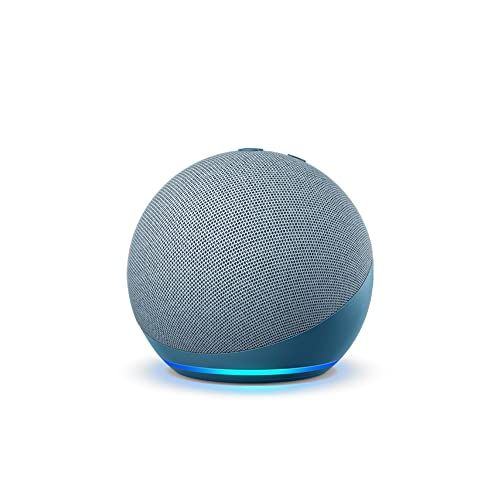
Echo Dot (4th Gen) | Smart speaker with Alexa | Twilight Blue
Control your smart home and access your favorite Amazon services with the Echo Dot, Amazon's most affordable smart speaker.
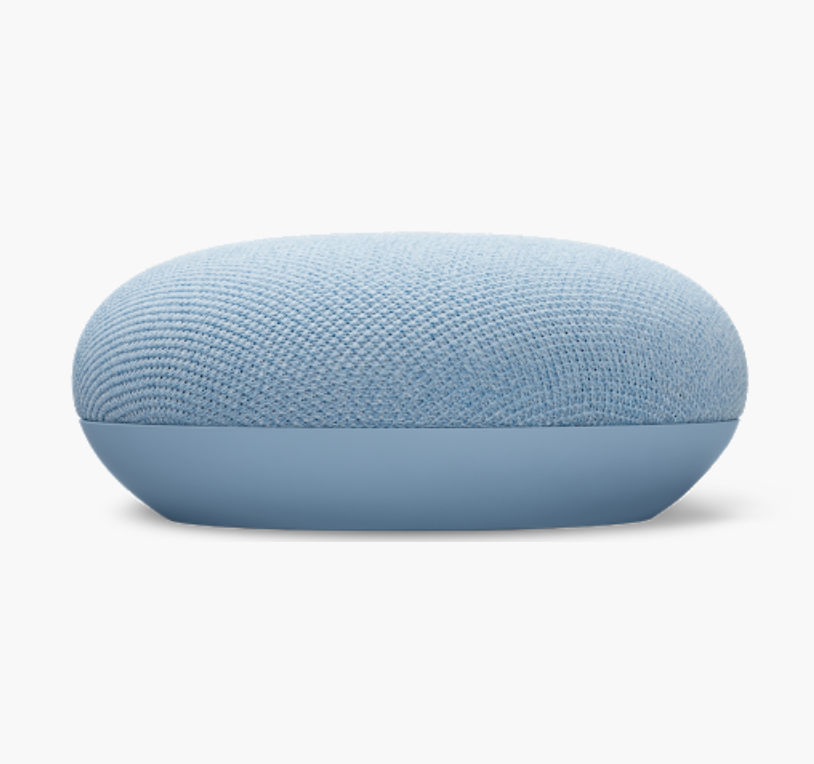
Google Nest Mini
The Nest Mini smart speaker can control your smart home products and pull information from your most-used Google services, including Calendar and Maps.
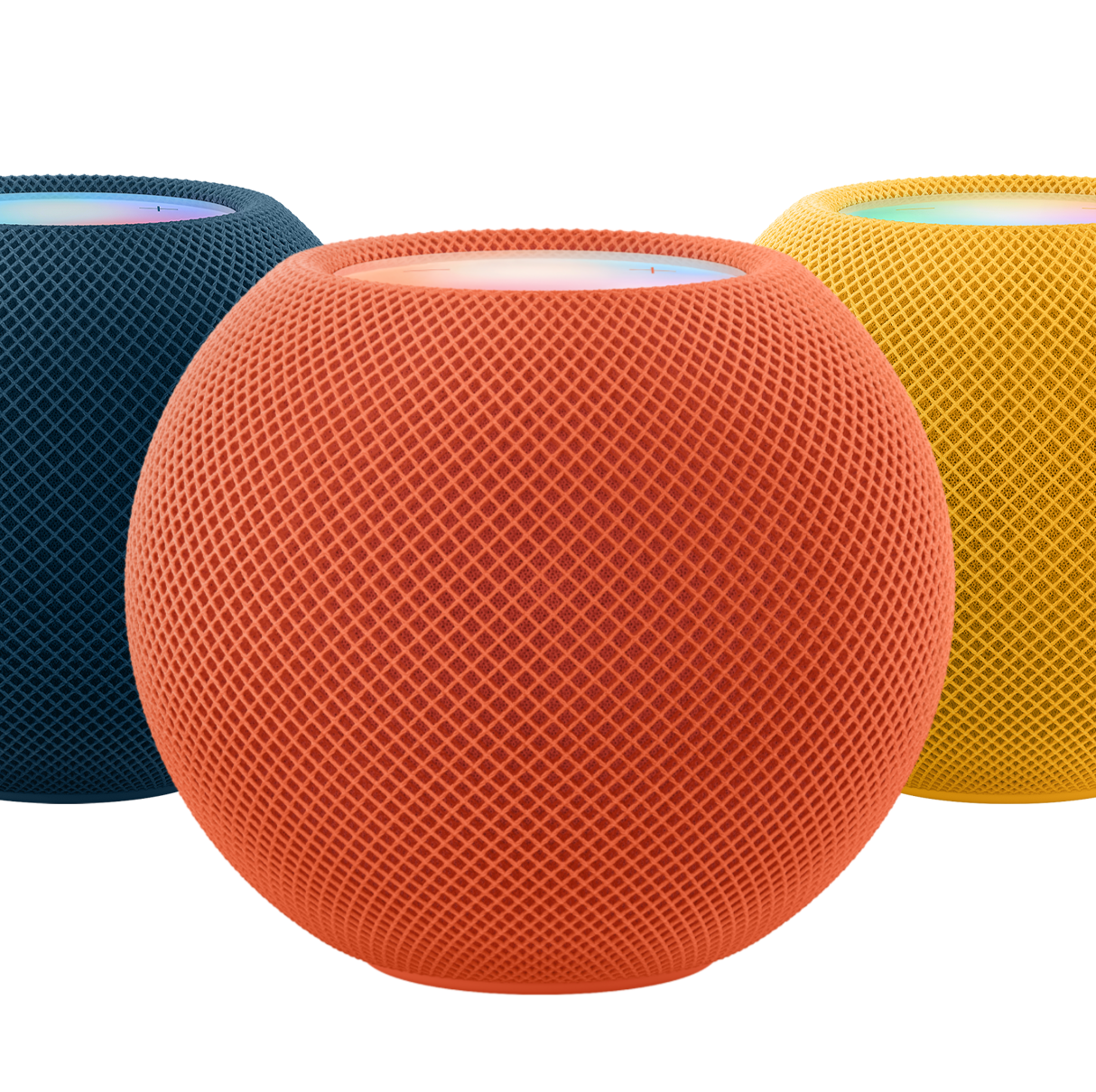
Apple HomePod Mini
The HomePod Mini is the premier smart speaker for Apple fans. That said, it only works with HomeKit devices, so it may limit the selection of smart products you can use in your home.
Bright Minds: Smart Bulbs and Lighting
Smart lights are fairly affordable, yet they make an incredible and immediate impact on your home. You can dim all of a room's smart bulbs with a simple voice command, for example, or set up a schedule where your bulbs automatically change from a warm hue to a cool blue throughout the day.
Color smart bulbs unlock even more excitement, as they're endlessly customizable and can add some serious flair to your home. And don't get me started on larger smart lighting products, like wall panels or TV backlights---they're expensive and less "essential" than regular smart bulbs, but they're genuinely amazing.
If you're just getting into smart homes, I suggest buying an affordable smart bulb starter pack. Plain white bulbs are a good place to start, as they're affordable and let you play with dimming and color temperature (warm and cool hues).
That said, color smart bulbs are a bit more fun, and something like the affordable Wyze Bulb Color is a killer option if you're just trying to deck out a single room or a lamp.
Energy and Automation: Smart Plugs and Outlets
Believe it or not, smart plugs are my favorite connected devices. They're cheaper than sin and incredibly easy to use---basically, they're just outlet timers that you can control with flexible weekly schedules, voice commands, or smart home "triggers."
I know, that doesn't sound very impressive. But smart plugs can do more than just turn on a lamp every afternoon. They can also make "dumb" products a bit smarter. You might use a smart plug to activate your coffeemaker in the morning, for example.
Once your smart home is a bit more elaborate, smart plugs can automate some pretty complicated tasks. Maybe you want a space heater to turn on when your home reaches a certain temperature; you can achieve that with a smart thermostat and a smart plug.
As always, I suggest starting with cheap and simple smart products. A Wyze or TP-Link smart plug is all that most people need. But if you want something more specific, you can always buy an outdoor smart plug, a smart outlet that replaces your "dumb" outlet, or a smart plug that measures how much electricity you're using.
Home Security: Smart Doorbells and Cameras
When people talk about smart homes, they're usually thinking about video doorbells and smart security cameras. These are some of the most practical and interesting smart home devices, as they can alert you to guests, packages, or unwanted intruders regardless of your location.
Smart doorbells are usually the best place to start, as they give you a constant overview of your front door. You can watch a live feed from these doorbells, or wait for a notification when someone's outside your home. Notably, you can also use smart doorbells to talk with guests, sort of like an intercom system.
Security cameras pack the same functionality as most video doorbells, minus the whole doorbell thing, of course. Plus, they often support two-way audio so you can yell at pests or strangers. If you want to use a security camera at your door instead of a video doorbell, that's fine, but most people use them as supplemental cameras to observe the outside or inside of their home.
Like smart plugs, connected security cameras can also be used for a bit of home automation. A camera near your front door, for example, can trigger a porch light when it detects motion.
As for what you should buy, my suggestion here is pretty predictable. Get something cheap and simple. Wyze is the most affordable smart home security brand, and in our experience, the company's products are often better than more expensive solutions. (I should note that not all smart doorbells and cameras are wireless. You should find a wireless option if you're wary of drilling holes or playing with electricity.)
Pure Convenience: Smart Thermostats
Tired of running to the thermostat every few hours? Smart thermostats provide an incredible level of automation and convenience for your home. Not only do they provide more detailed scheduling features than the average thermostat, but they let you adjust your temperature using voice commands or remote controls.
Google's Nest Learning Thermostat can even "learn" your habits and preferences, eliminating the need to manually adjust the temperature. That said, we've had poor experiences with this feature, and we suggest that you don't make it a top priority when shopping.
Most brands claim that their smart thermostats can help you save energy, which is only slightly true. If you forget to turn off the air before you leave for work, for example, you can use your phone to adjust the thermostat remotely. Some smart thermostats can even detect when you're away from home and automatically change the temperature. But for the most people, the savings offered by a smart thermostat are marginal at best.
I have just one suggestion here---check your electric company's website before you buy a smart thermostat. If you let the utility company adjust your thermostat when the electric grid is strained, they might give you a smart thermostat for free. (Joining such programs often comes with a discount on your electric bill, by the way.)
The Next Level: Smart Sensors
While they aren't "essential," smart sensors can take any smart home to the next level of automation. You can use smart sensors to detect motion, temperature, the status of a door or window, or even air quality. The data gathered by these sensors can trigger other smart home products, such as bulbs, thermostats, or alarms.
Here's a simple example; you want your bathroom's smart lights to turn on and off automatically. All you need to do is stick a motion sensor in the bathroom a do a bit of programming in your smart home app. When the sensor detects that the bathroom is occupied, it'll turn on the lights. And a few minutes after you leave, those lights will turn back off.
Or hey, maybe you want your air conditioner to turn off when you open a window. Get a cheap contact sensor, set it up with your smart thermostat, and you're done.
You can get pretty granular with these sensors, by the way. Let's say you want individual smart lights to turn on as you walk through your home, but only at night, and only at 20% brightness. Just put some motion sensors through your home and program them to your liking.
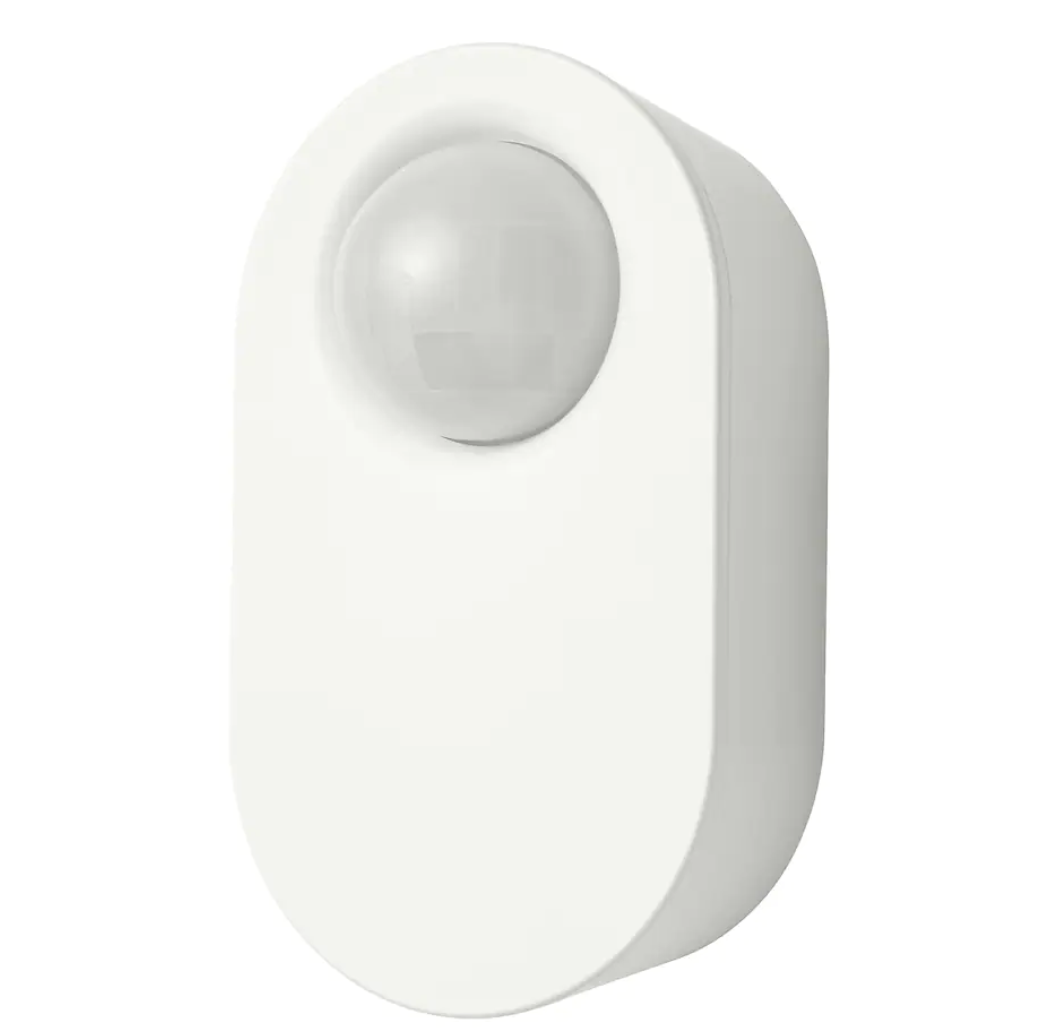
Ikea Tradfri Motion Sensor
The Ikea Tradfri motion sensor costs just $12 and works with Google Assistant, Alexa, and Apple HomeKit.
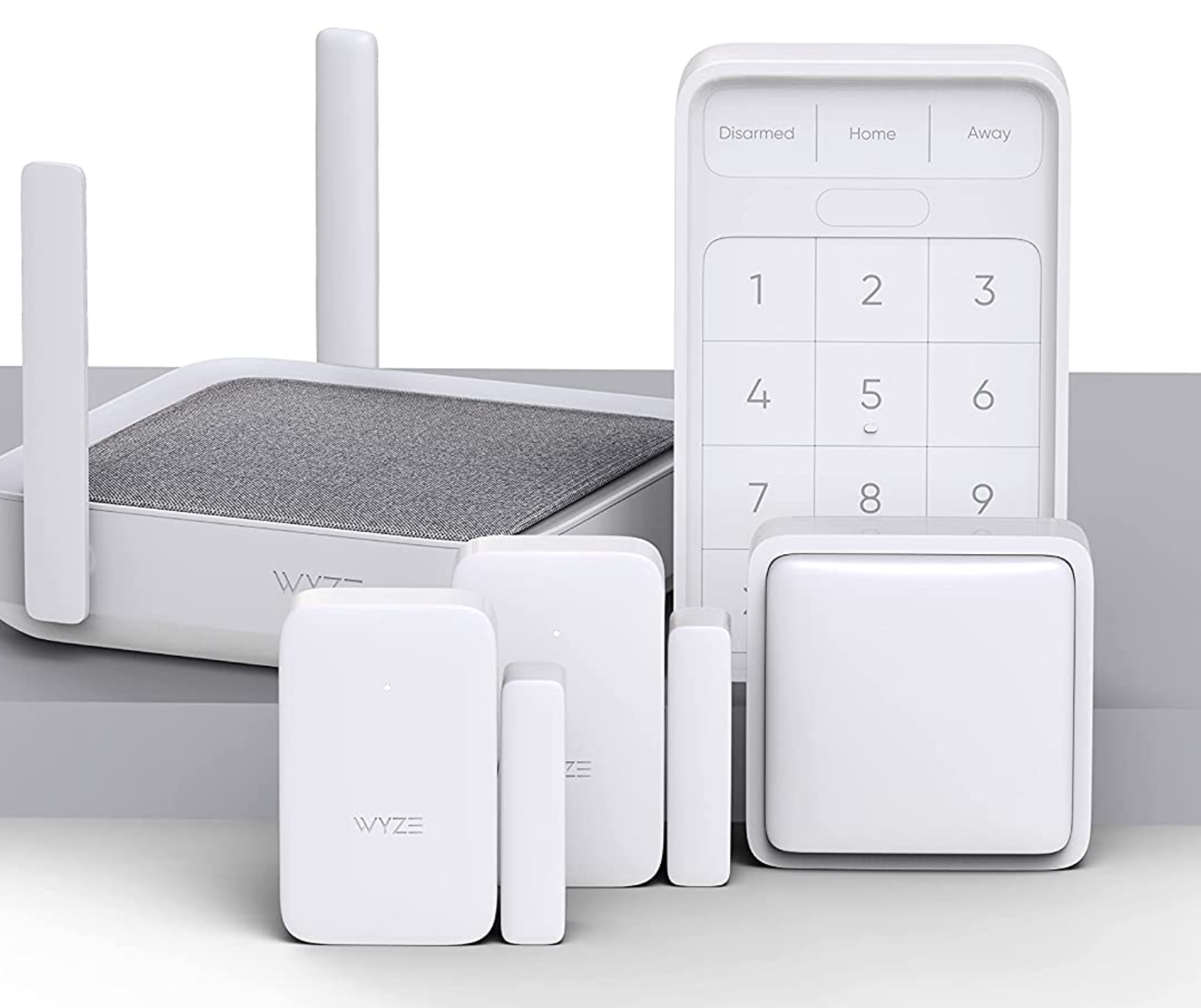
Wyze Home Monitoring Kit
The Wyze Home Security kit comes with a motion sensor, two door and window sensors, and an alarm keypad (you can always order more sensors to add to the kit). But Wyze requires that you order this kit with a Home Monitoring plan---I suggest getting the three-month plan and canceling if you don't want a home security service.
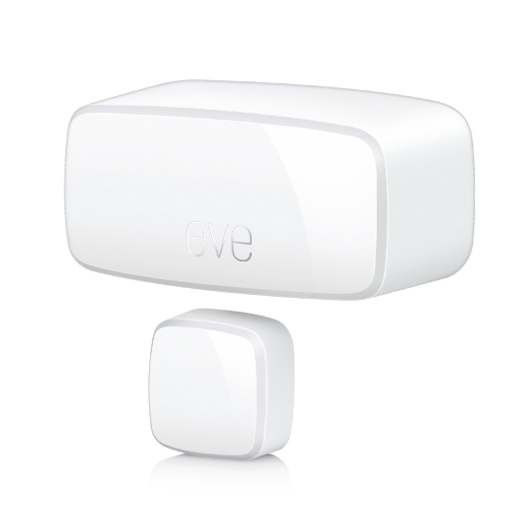
Eve Door and Window Sensor
The Eve contact sensor lets you trigger smart home actions based on the status of your doors and windows. It's HomeKit-only, but it'll work with other smart assistants when the Matter standard launches later this year.

